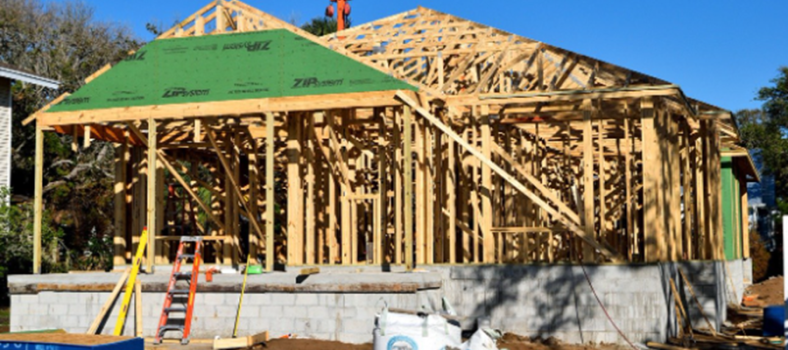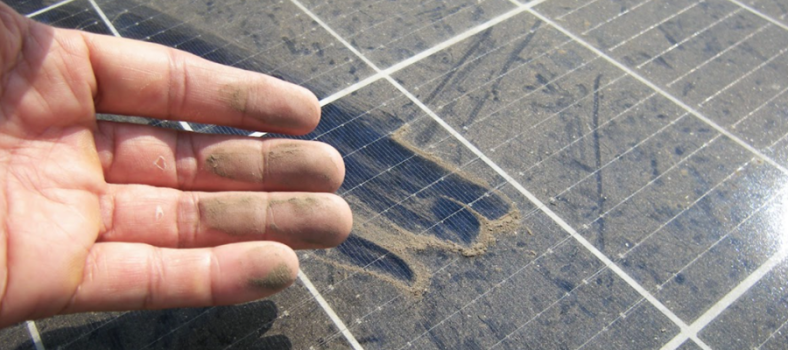7 Home Tips To Prevent Plumbing Problems
Oftentimes, a serious plumbing problem starts as a minor issue left undetected or unattended. Major plumbing problems require professional help as doing repairs yourself may do more harm and good. There are a few, simple things you can do to prevent minor leaks or clogs from blowing out of proportion.
Avoiding Problems In Your Pipes
Apart from the regular maintenance checks a plumber has to perform at least annually, here are some tips to avoid plumbing problems from getting worse and soaking your house:
- Consider Investing In Mesh Sink Strainers
The kitchen sink is known to house gunk, grease, cooking oil, and other hard to remove items clogging your pipes. Get a strainer for your sinks to prevent solid items and others from going and settling down your drain. Mesh sink strainers can also help keep your garbage disposals working properly.
- Use Chemicals Sparingly
One of the most damaging things you can do to your sink and drain is to pour strong cleaning and unclogging chemicals because these substances can become corrosive when used regularly.
Corrosion is extremely damaging to metal pipes and other materials making up your plumbing system. Refrain from using these chemicals to prevent the degradation of pipes and pumps. When this type of damage happens, you could ask for help from professional technicians like Easy Solutions plumbing and others to provide immediate service for your plumbing concerns.
- Have Eco-friendly Clog Removers
Use natural and homemade de-cloggers to keep your plumbing system working well. Consider flushing your toilet drain and kitchen sink with boiling water to soften accumulated grease and gunk.
To give boiling water an extra kick, go to your kitchen and look for the following items:
- Baking Soda And Vinegar
Measure half a cup of baking soda and pour it on the problematic spot, then drop half a cup of vinegar down the drain. Reattach the cover or strainer and wait for an hour or so. Follow with boiling water. If necessary, you can do it again.
- Baking Soda And Salt
Mix table salt and baking soda in equal parts or one-half cup each and pour the mixture down the drain. Let it sit for one hour or longer if it’s severely clogged. Pour boiling water.
- Natural Drain Cleaners
For more persistent clogging such as in the toilet, grab an enzymatic drain cleaner from the grocery store. These natural chemicals work by melting gunk and solving persistently choked drains.
- Use Vacuum Cleaner To Clear Out Drain
Who says vacuum cleaners can’t be used outside the living room? These powerful cleaning devices are quite powerful and can suction out any type of debris. Whether it’s your shower, tub, or bathroom sink causing the problem, consider using a vacuum cleaner to suck up hair and soap residue.
- Invest In Water Softening System
Many people don’t realize having hard water in your home can be extremely damaging to your plumbing system in the long run. Hard water is largely made up of calcium and magnesium carbonates, bicarbonates, and sulphates. Because of its high mineral content, hard water can eventually build up in the drains, faucets, and other openings.
In addition, kitchen appliances and fixtures such as the dishwasher and ice machines could get damaged if the minerals accumulate in their valves. These minerals can also negatively impact water flow by clogging the pipes.
Getting a water softening system to condition hard water can help prevent these numerous plumbing system threats. This device can preserve the life of your water heater, preventing mineral build-up inside the unit and keeping it energy efficient.
- Ask Professionals To Perform Regular Maintenance
Having a plumber check your water system proactively or even before a problem occurs is key to avoiding plumbing issues. A plumber is properly trained and equipped to check your system for current and potential problems. Once an issue is spotted, a plumber can suggest minor repairs even before they have the chance to give you headaches. You may also seek the services of a plumber before starting any major home renovations in the kitchen and the bathroom.
- Don’t Forget The Septic Tank System
Sometimes, a persistent toilet drain is caused by a more serious problem, and your septic tank may need to be serviced to prevent a host of toilet problems. Your tank may need to be siphoned off every three to five years, depending on the wastes building up inside. Some cleaning companies suggest adding live bacteria in the system to help break down inorganic soap and detergent residues.
Final Thoughts
You don’t need to be savvy to prevent major plumbing problems. Being proactive and learning about natural fixes for minor plumbing issues can save you from expensive major water system repairs.






No Comment